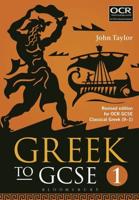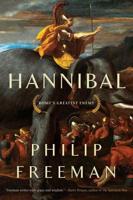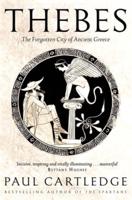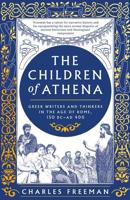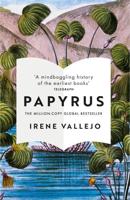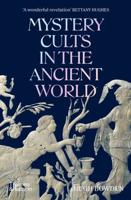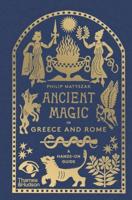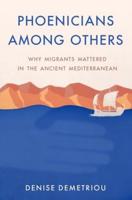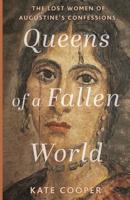Publisher's Synopsis
Roman Archaeology for Historians provides students of Roman history with a guide to the contribution of archaeology to the study of their subject. It discusses the issues with the use of material and textual evidence to explain the Roman past, and the importance of viewing this evidence in context. It also surveys the different approaches to the archaeological material of the period and examines key themes that have shaped Roman archaeology. At the heart of the book lies the question of how archaeological material can be interpreted and its relevance for the study of ancient history. It includes discussion of the study of landscape change, urban topography, the economy, the nature of cities, new approaches to skeletal evidence and artefacts in museums. Along the way, readers gain access to new findings and key sites - many of which have not been discussed in English before and many, for which, access may only be gained from technical reports.
Roman Archaeology for Historians provides an accessible guide to the development of archaeology as a discipline and how the use of archaeological evidence of the Roman world can enrich the study of ancient history, while at the same time encouraging the integration of material evidence into the study of the period's history. This work is a key resource for students of ancient history, and for those studying the archaeology of the Roman period.


